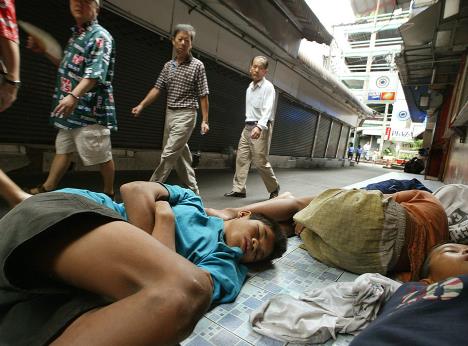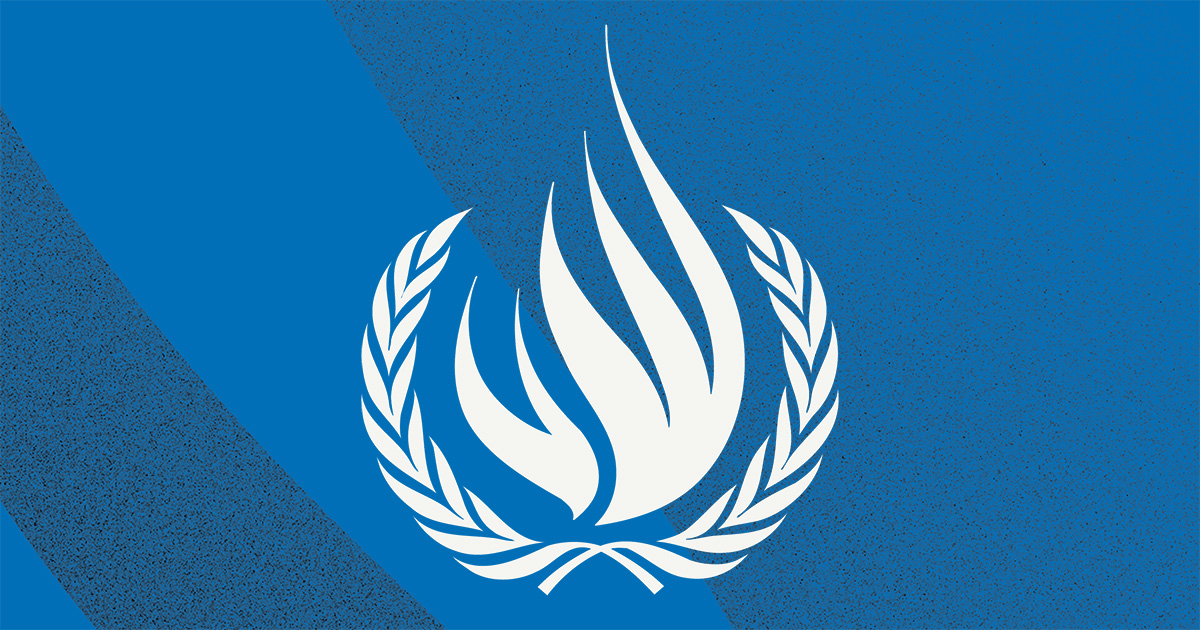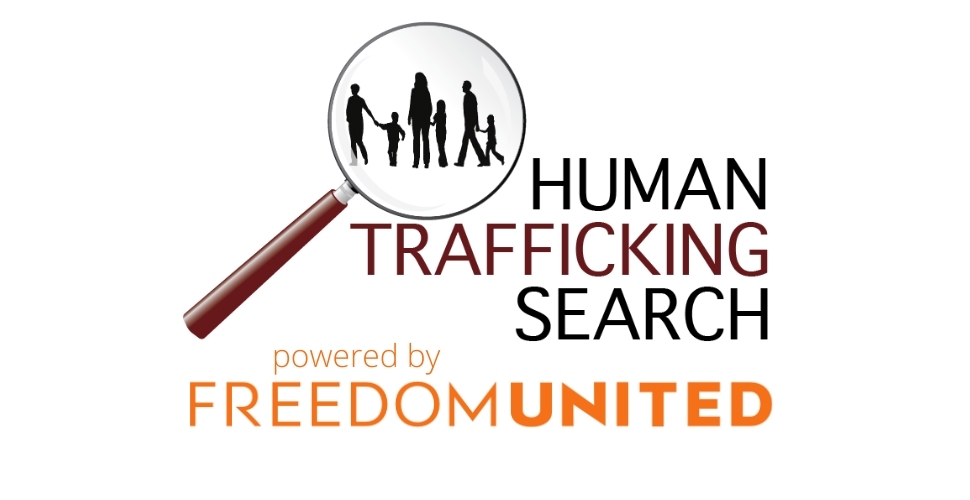
Persons experiencing homelessness, and in particular children, are at a high risk of being victims of contemporary forms of slavery, including forced labor and of sexual exploitation, as they easily fall prey to exploiters, human traffickers and other criminal groups, a human rights expert report stated.
In a report presented to the Human Rights Council, the UN Special Rapporteur on Contemporary Forms of Slavery said children and young people living in the street were among the most vulnerable to contemporary forms of slavery, and urged States to eliminate homelessness, a violation of international human rights law.
“The linkage between homelessness and contemporary forms of slavery is undeniable,” Tomoya Obokata told the Council. “There is no doubt that those who face the risk of becoming homeless are simultaneously vulnerable to labor or sexual exploitation, and vice versa.”
In his report, Obokata said lack of access to education, physical and mental abuse, neglect and abandonment, and family disintegration are among the reasons that push children and young people to live in the street. Once homeless, children and young people are recruited and exploited in a variety of economic sectors not only by criminal groups, but also by family members, friends and employers.
“Children and young people in street situations may be recruited for criminal exploitation, including forced drug and weapons trafficking, theft and the smuggling of contraband,” the report said. “Although those who are exploited in criminal activities should clearly be regarded as victims of contemporary forms of slavery, the reality for many of them is that they face law enforcement actions, such as fines and incarceration, and end up with criminal records.”
Other groups that are particularly vulnerable to falling prey to contemporary forms of slavery as a consequence of homelessness include women, the report noted, adding that female-headed households made up 70 per cent of the world’s estimated homeless population of 150 million people.
The report said that discriminatory laws and practices in divorce, inheritance and matrimonial property, as well as limited access to decent work among women, significantly increased the risk of women becoming homeless.
Migrants, indigenous peoples, members of a minority group and persons with disabilities who are homeless are also vulnerable to contemporary forms of slavery, the expert found.
Sexual exploitation
The report noted that criminal actors, including gangs and organized criminal groups, are known to actively recruit persons experiencing homelessness, enticing them with the promise of jobs, accommodations or other necessities and later coercing or deceiving them into sexual or labour exploitation.
It added that sexual exploitation of persons experiencing homelessness was a serious concern and that this was not a problem “just for developing States.”
“Many “runaway youth”, in particular among lesbian, gay, bisexual, transgender, queer and intersex populations, have to resort to so-called “survival sex”, which may entail exploitation and abuse, including through deception or the threat and/or use of violence,” the report noted.
Obokata reminded the Human Rights Council that States had clear obligations regarding homelessness, a violation of the right to adequate housing under article 11 of the International Covenant on Economic, Social and Cultural Rights.
Other rights, such as the rights to life, health, liberty and security, as well as freedom from inhuman or degrading treatment, are also affected by homelessness, the expert said, emphasizing the indivisibility and interdependence of human rights.
In the report, Obokata urged States to implement policies to eliminate homelessness, including providing affordable and safe housing to persons experiencing homelessness, as well as social and economic inclusion measures such as access to education, training, health care and social security to prevent their exploitation in contemporary forms of slavery.












